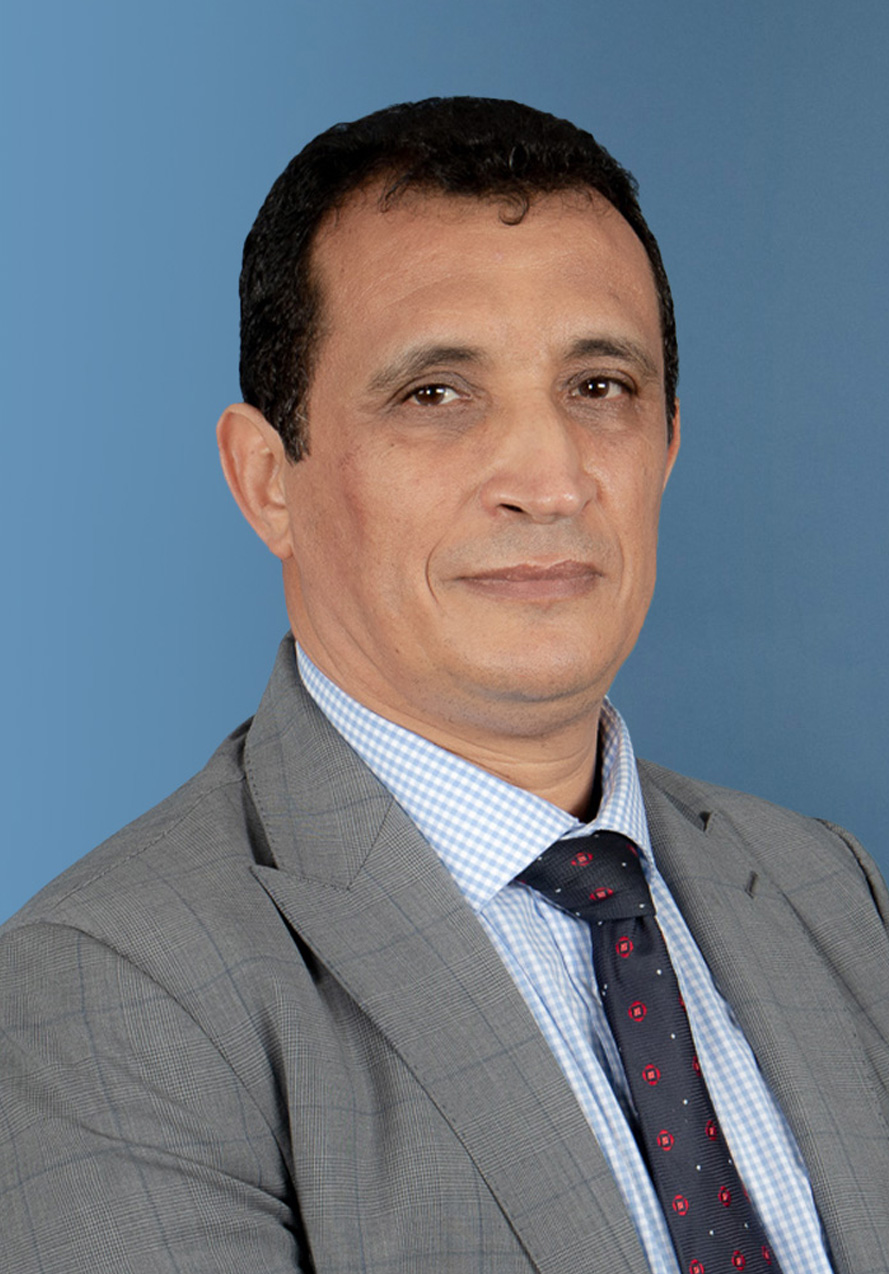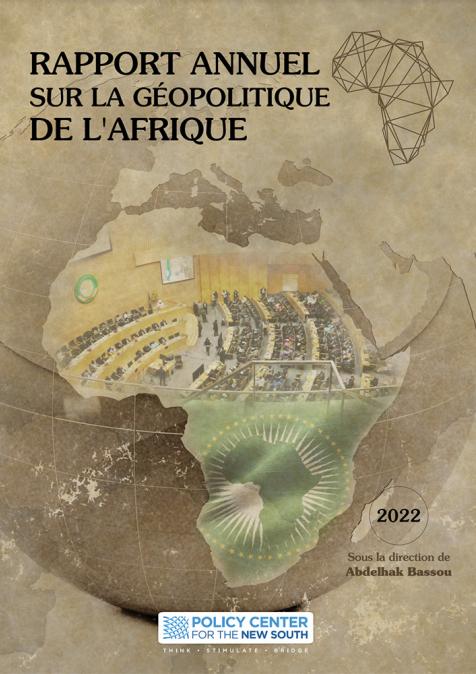Quels seront les enjeux géopolitiques de l’après #COVIDー19 ? - Interview avec Rachid Houdaigui
April 9, 2020
- Quelle grille de lecture peut-on proposer pour l’après Covid-19 ? - Quelles sont ses implications géopolitiques ? - Quelles leçons tirées du débat actuel sur les conséquences géoéconomiques de la crise ?
Speakers

Rachid El Houdaigui
Senior Fellow
Rachid El Houdaïgui is a Senior Fellow at the Policy Center for the New South and an Affiliate Professor at Mohammed VI Polytechnic University. He also serves as a professor of International Relations at Abdelmalek Essaadi University's Law Faculty in Tangier. His expertise encompasses international relations, geopolitics, defense and security, focusing on the Mediterranean region, North Africa, and the Arab world. He also serves as a professor at the Royal College of Advanced Military Studies in Kenitra and is a visiting professor at Cergy-Pontoise University (Paris), Cadiz University (Spain), and La Sagesse University (Beirut, Lebanon).
He is the founder of the Moroccan-Spanish review "Peace and International Security" and oversees the Observatory of Mediterranean St ...









